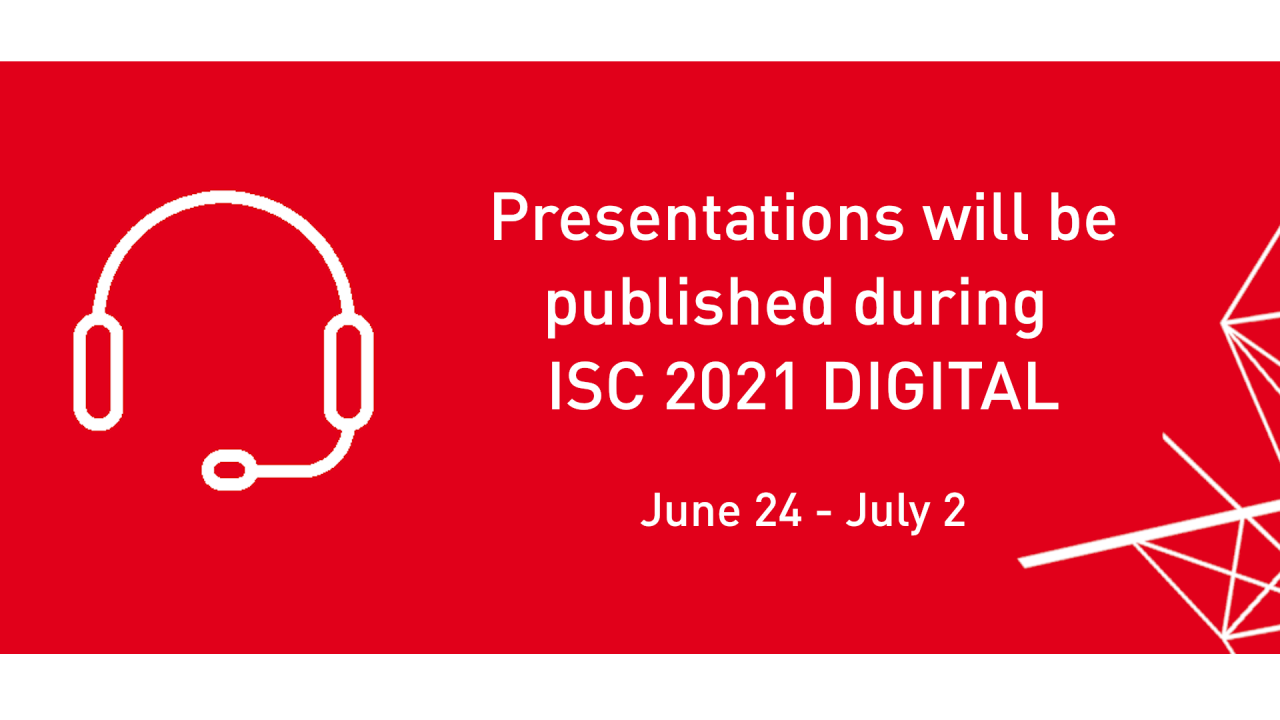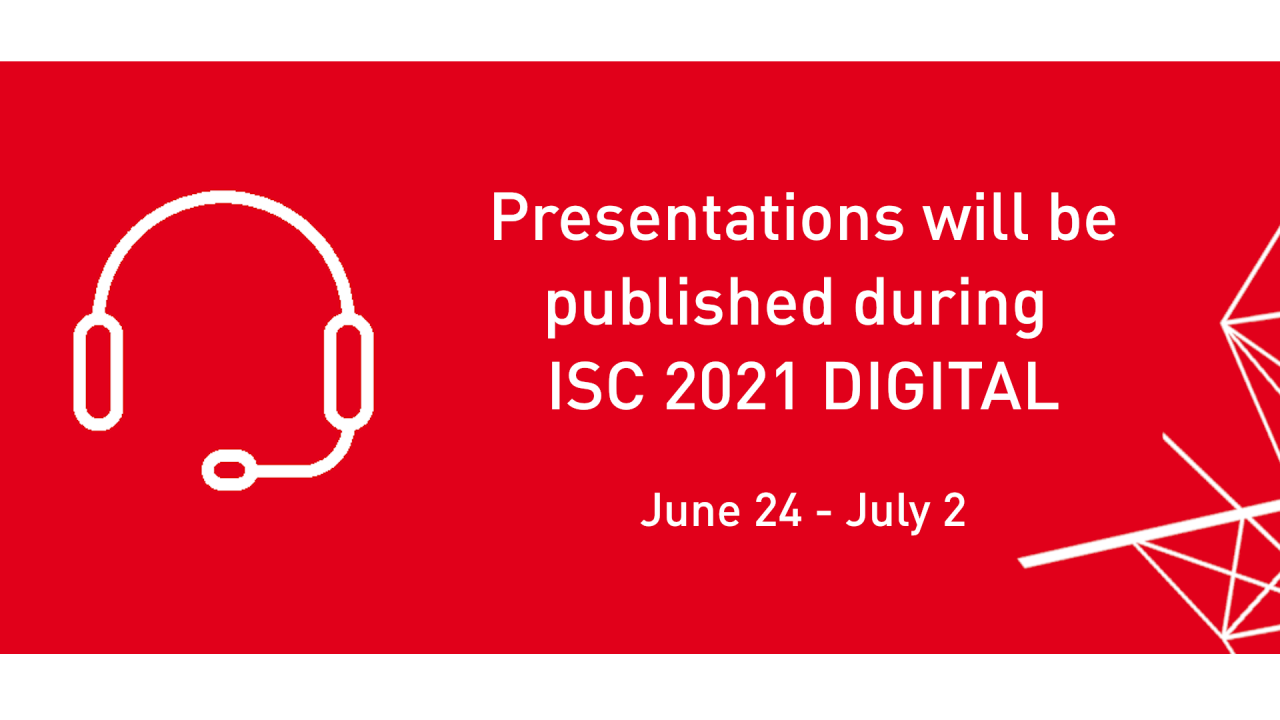

Artificial Intelligence and Data Science in Earth Observation
Monday, June 28, 2021 11:45 AM to 12:30 PM · 45 min. (Africa/Abidjan)
Stream#1
Information
Geoinformation derived from Earth observation satellite data is indispensable for many scientific, governmental and planning tasks. Geosciences, atmospheric sciences, cartography, resource management, civil security, disaster relief, as well as planning and decision support are just a few examples of how this data can be used. With the entrance of earth observation into the big data era, we see applications being undertaken by the European Space Agency’s Sentinel satellites, along with use cases being pioneered by emerging NewSpace companies. These require not only new technological approaches to manage and process large amounts of data, but also new analysis techniques. Here, data science methods and artificial intelligence (AI), such as machine learning, are indispensable.
In her conference keynote, Professor Xiaoxiang Zhu will discuss how breakthroughs in geoscientific and environmental research can be achieved using these new methods. In particular, she will explain how explorative signal processing and machine learning algorithms, like compressive sensing and deep learning, can significantly improve information retrieval from remote sensing data. By applying cutting-edge data science algorithms to petabytes of Earth Observation data derived from everything from satellites to social media, it is now possible to tackle large-scale challenges, such as the mapping of global urbanization, with unprecedented sophistication.

